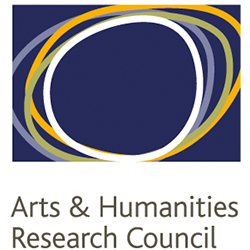Dr Benjamin Vis, Research Fellow in the Department of Classical & Archaeological Studies, has just been awarded an AHRC Research Network grant to develop a network of interdisciplinary scholars, Trulife. The core research aim is to ask how the study of long-term tropical urban traditions can inform designs for sustainable urban futures.
Facing the challenge of increasing urbanisation, strategies for future city development are not considering the ancient urban past. Archaeologists recognise that long-term urban processes can teach us about diverse human-environment interactions, which help us to be better equipped for facing the developmental challenges of urbanisation.
The archaeological study of diverse and long-term urban development significantly expands the evidence base of urban scenarios. At present lack of comparative frames of reference (including commensurable methods and data presentation) causes the absence of direct, mutually informing dialogues.
The well-documented 2,500-year history of the Maya Neotropical urban tradition offers a case study with the potential for wide-ranging research and the innovative design applications. Maya urbanism flourished without the ‘human-animal grazing complex’ that Old World urban growth relies on. Maya everyday urban life and development depended on different urban ecological relations and metabolic processes to those of globalised temperate-climate models. The contrasting urban patterns this produced ask crucial questions about critical differences and developmental scenarios in human-environment interactions. European colonisation replaced Maya urban configurations with Western models, causing the loss of key practices, including its long-term adaptability to change. Dependence on grazing animals results in declining soil fertility, soil erosion, massive deforestation, and misdirected investments (such as growing crops to feed cattle), all of which pose a global threat to humanity.
TruLife will create an archaeology led network of researchers focused on urban design and development that incorporates the environmental and social sciences. There will be three pivotal areas: food security; decay and waste management; and spatial practice.
A website has been set up for future development: http://blogs.kent.ac.uk/trulife/

